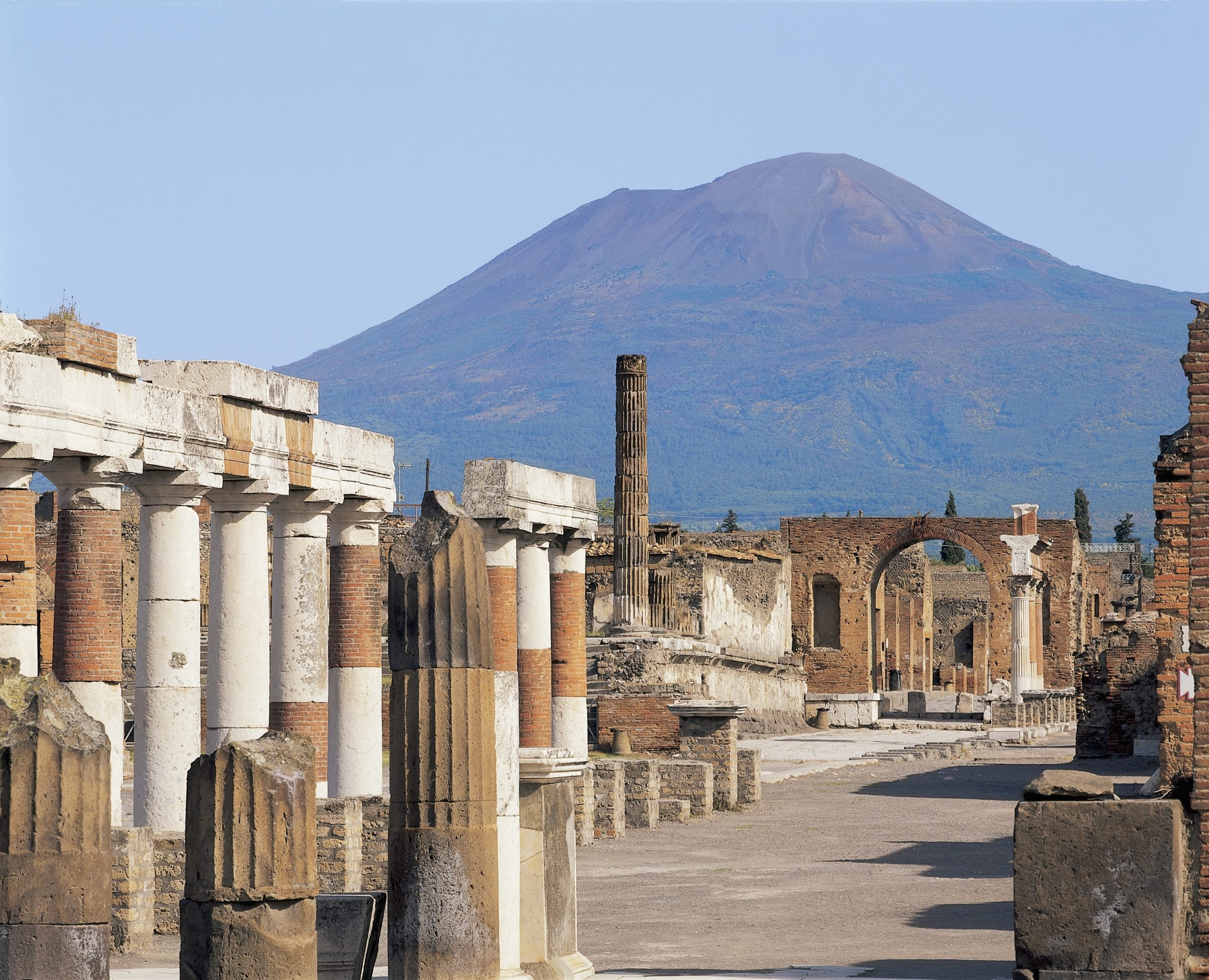
After being held back by consistent conservation problems, lack of funds, stifling bureaucracy, and looting by the infamous Neapolitan mafia, the ancient site of Pompeii in Italy is finally set to undergo extensive restoration.
Two years ago, archaeologist Massimo Osanna was handed the task of transforming the site, which despite its problems remains Italy’s second most popular tourist attraction after Rome’s Colosseum, welcoming 2.7 million visitors last year.
But as recently as in March, the site’s future looked uncertain, and UNESCO inspectors even threatened to revoke its World Heritage status due to the poor upkeep.
The Villa of Mysteries, Pompeii.
Photo: Cesare Abbate via European Pressphoto Agency.
However, with freshly approved funding totaling €130 million ($143 million)—much of it provided by the European Union—the site is set for an extensive revamp.
“This is a really exciting time for Pompeii,” Osanna told AFP. “Thousands of people are working together. We currently have 35 construction areas on the site.”
During a recent inspection of the restoration progress of Pompeii’s Palestra Grande (large gymnasium) last Tuesday, Italian Culture Minister Dario Franceschini said “This is a new era for Pompeii and our efforts are bearing fruit.”
Italian Culture Minister Dario Franceschini inspects the restoration progress at Pompeii last week.
Photo: portosalvo.org
According to Osanna, the historic site’s problems are based on the region’s economy. Located in one of the poorest parts of Italy, Pompeii has been susceptible to problems such as looting and bureaucratic inefficiency which have hampered previous conservation efforts.
The problems at Pompeii were held up as an example of the mismanagement that has impeded the conservation of Italy’s historic sites, and officials have been eager to shed themselves of this negative reputation.
Meanwhile, Osanna has announced more ambitious plans for the future, including making the ancient town more accessible to visitors.
“We want a fast train which goes directly to Pompeii’s archaeological site. We want the area surrounding the site to be just as beautiful as the site itself,” he said.
The newly revitalized museum at Pompeii features ca. 20 preserved victims of the Volcanic eruption of Mount Vesuvius.
Photo: Dario Franceschini (@dariofrance) via Twitter
Osanna remains optimistic about the future. “We have followed UNESCO’s advice to extend projects beyond the initial deadline of 2015, he said, adding that “We have the resources and we will carry on working.”